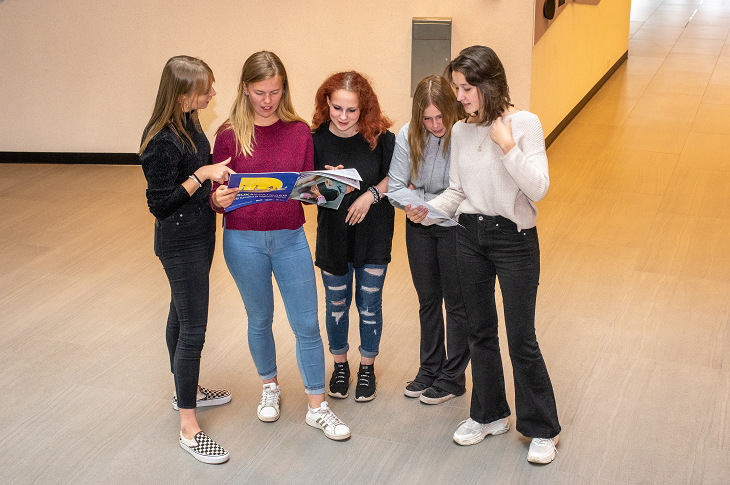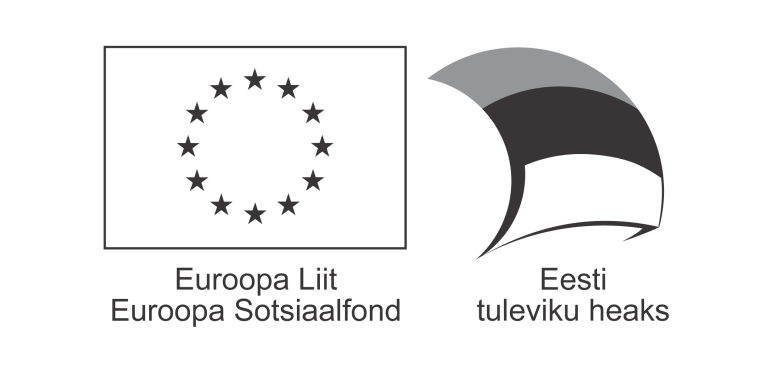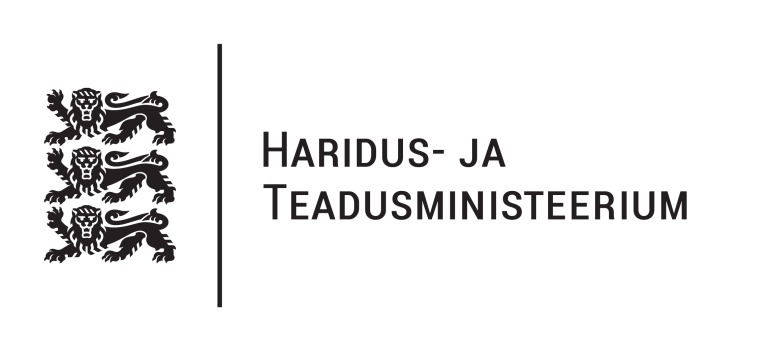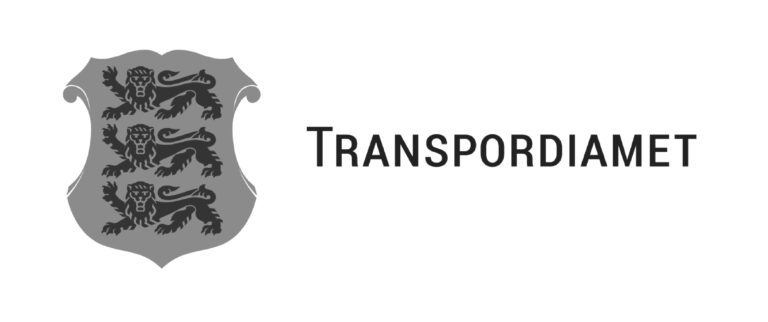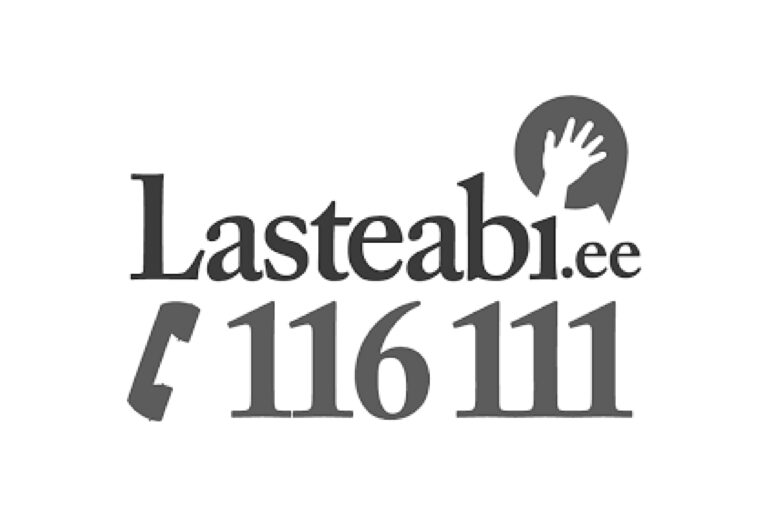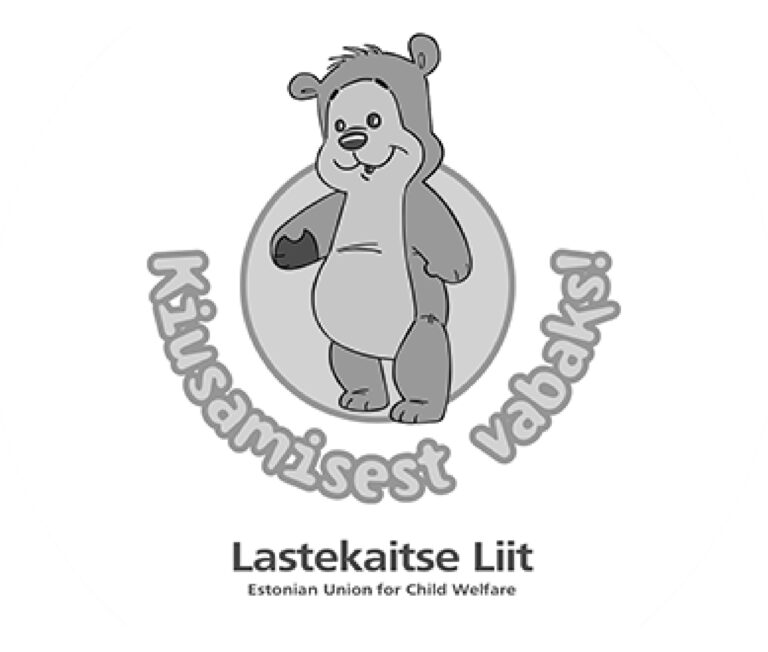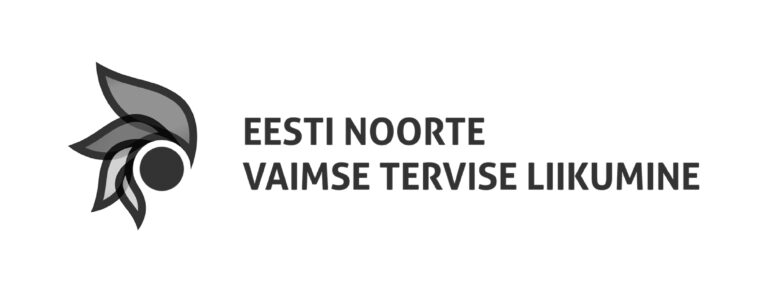The Convention on the Rights of the Child was adopted in 1989 by the General Assembly of the United Nations (UN). Estonia joined the Convention in 1991. The Child Protection Act of the Republic of Estonia also follows the principles of the UN Convention on the Rights of the Child.
The Convention on the Rights of the Child sets out the internationally recognised rights of children. The purpose of implementing the Convention on the Rights of the Child was to emphasise what adults tend to forget – a child is a person with all the rights related to this, just like an adult. The Convention on the Rights of the Child considers the child a legal entity, i.e. the holder of rights. This means that a child is an individual with human rights, and no one has ownership rights over the child, not even their parents.
The rights of a child are human rights. These are rights which apply to everyone regardless of their age, gender, nationality, or other characteristics. Therefore, a child has in many ways the same rights as adults. When speaking about the rights of a child, we mean their human rights.
Children of varying ages and gender have different interests and needs. Their rights are the same regardless of their differences. They all have the right to equal treatment. All children have the same rights.
Children have rights, but they also have responsibilities when exercising these rights, just like adult members of society. The rights of a child end where the rights of another child or an adult begin. This means that rights are limited, and when a child exercises their rights, they must consider the rights of other children and adults. Rights and responsibilities go hand in hand.
A child has the right to education, but at the same time they are obliged to attend school. A child has the right to the protection of health, but they are also responsible for maintaining their health. A child has freedom of speech, but when exercising their freedom of speech, they must respect the rights of other children and adults, especially the protection of honour and dignity.
The Convention on the Rights of the Child gives children the right to exercise their rights and take responsibility. This means that as the child develops, their right to self-determination and the scope of responsibility will increase. If the child is not capable of exercising their rights on their own, their parents or guardian will do so on their behalf. In doing so, the child’s interests must always be considered.
As children cannot always stand up for their rights and interests, they need the help and protection of adults. Children must be protected from mental and physical abuse, injustice, neglect, exploitation, sexual abuse, and other threats. In addition to protection, adults must provide children with what they need and create suitable conditions for the development of their talents and interests.
The foundation of a considerate living environment is mutual respect. Children must respect adults (parents, grandparents, educators, teachers, etc.) and other children, just like adults must respect children and other adults. Respecting each other and the wishes of others is one of the important preconditions of coexistence.
The Convention on the Rights of the Child points out four general principles: the prohibition of unequal treatment, prioritising the child’s interests, ensuring the child’s survival and development, and considering the child’s opinions. These form the foundation of the convention and the standard of a child-friendly society which, if followed, enables every child to develop harmoniously and realise all their abilities. (See also: Children’s rights. Estonian Union for Child Welfare: Tallinn, 2005, pp. 11-15, 41.)
- The prohibition of unequal treatment. All children have the same rights. A child cannot be treated worse than other children due to their gender, heritage, nationality, race, health condition or any other reason.
- Prioritising the child’s interests. One of the main principles of the Convention on the Rights of the Child is to always prioritise the interests of the child in decisions which affect them. To ensure a child-friendly society, the legislator, government, entrepreneurs, unions, and members of society must assess the impact of decisions and activities on children. The child’s interests must always be considered when making decisions and planning activities. Prioritising the child’s interests means, among other things, hearing the child out and considering their opinion.
- Ensuring survival and development. Every child has the right to life and development. The primary obligation of parents is to do everything they can to create an environment for their child which enables them to develop and realise their talents and abilities. To that end, the state must provide comprehensive assistance, counselling, and support to parents. If the parents, despite comprehensive assistance from the state, cannot provide the necessary developmental conditions for their children, the state must take over this responsibility.
- Considering the child’s opinions. The opinion of the child should always be listened to and taken into account in matters which affect them. This principle must be applied to all aspects of the child’s life.
Source: the website of the Chancellor of Justice www.oiguskantsler.ee.
Full text: https://www.oiguskantsler.ee/et/laste-ja-noorte-%C3%B5igused-ja-kohustused.
Published in the youth information portal Teeviit in 2022.
